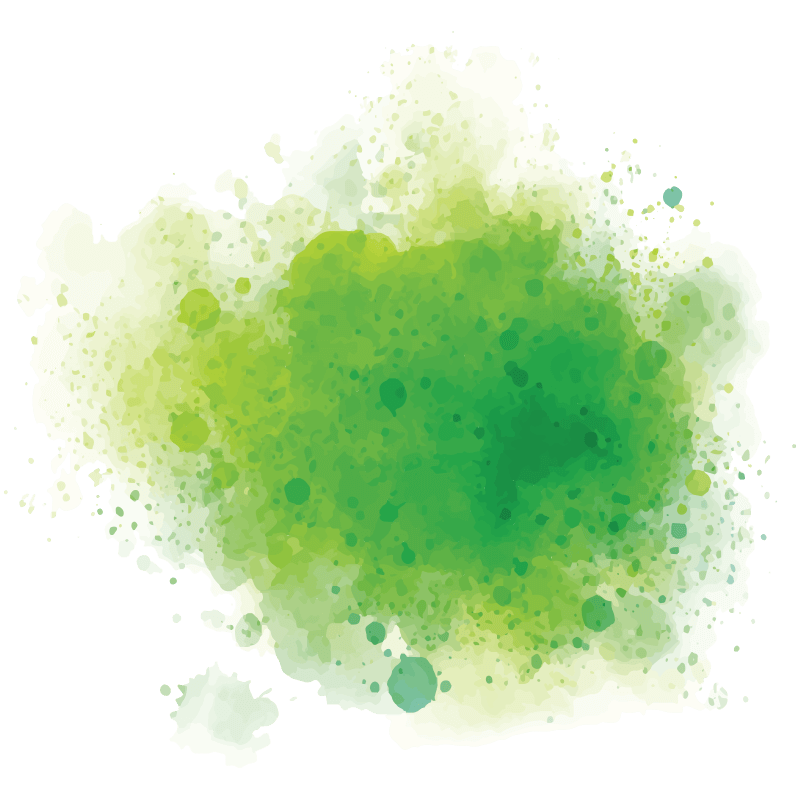August 9, 2022 / Blog
Nurture curiosity with a pre-K science curriculum
Young children are naturally curious, creative and persistent—the essential elements for solving scientific problems! Inspiring young scientists is fun and uncomplicated when teachers use a pre-K science curriculum in their programs.
Young learners use a basic form of the scientific method (a series of steps that includes observing, forming questions, making predictions, carrying out experiments, and discussing) to analyze the world around them. They persistently investigate, make theories based on observation and then test those ideas through experiences—like play!
What should an ideal pre-K science curriculum include?
As young children are already scientifically inclined, caregivers simply nurture this curiosity. They should provide multiple and varied opportunities for children to engage in exploration and discovery.
An ideal pre-K science curriculum is intentionally designed with opportunities for children to engage in learning science through experiences that include:
- observing and asking questions
- developing and using models
- planning and carrying out investigations
- analyzing and designing solutions
- obtaining, evaluating, and communicating information
Why is science important in early childhood education?
Science provides a purposeful context for developing literacy and math skills and concepts including speaking, listening, vocabulary development, writing, measuring, describing attributes, and comparing objects.
Science concepts and rich vocabulary are exposed through Read-Alouds which can include Life Science topics such as the five senses, insects, sea life, birds, reptiles, and nutrition. Earth Science topics include the changes in the earth and how to nurture the earth. Physical Science includes construction, using tools and properties like opposites.
Pre-K science activities
In addition to learning science through literature, children should have many opportunities to explore their natural curiosity by developing foundational science process skills like observing, describing, comparing, predicting, classifying, and evaluating. A good pre-K science curriculum will address science content and science process skills while adhering to the key principles identified by the National Science Teachers Association:
- Children have the capacity to engage in scientific practices and develop understanding at a conceptual level.
- Adults play a central and important role in helping young children learn science.
- Young children need multiple and varied opportunities to engage in science exploration and discovery.
- Young children develop science skills and knowledge in both formal and informal settings.
- Young children develop science skills and knowledge over time.
- Young children develop science skills and learning by engaging in experiential learning.
Science exploration doesn’t need to be complicated—most importantly, it should be fun! Nurture young children’s curiosity with activities and experiences like:
- Investigating properties of materials, movement, and the force used to move objects
- Building ramps and explore rolling objects down them
- Going on a living-and-nonliving scavenger hunt outdoors
- Catapulting pom-poms to experiment with force and motion
- Exploring warm, bubbly water
- Sorting heavy and light objects using a balance scale
- Exploring insects in their natural environment
- Using sense of smell to match aroma canisters with the same scent
- Exploring the attraction and repelling of magnets
Inspiring young scientists is fun for teachers and students
When teachers and students are enjoying activities together, learning is enhanced. It’s easy to incorporate science in the classroom when it’s part of a comprehensive pre-K curriculum.
Frog Street’s Threes and Pre-k include STEAM related subjects including Science.
